Your Body's Secret Language: What Your Nervous System is Trying to Tell You
I was recently driving down the freeway to catch up with friends when something odd happened. My stomach did flips and I felt this twinge of anxiety creeping up my chest. The rational part of my brain was genuinely looking forward to this get-together. I'd been excited about it all week. But my body was holding onto something else entirely, processing information I hadn't even consciously registered.
It took a minute before I understood what was happening. I’d been dealing with a stressful work situation and I’d closed my laptop to attend the catch-up. My conscious mind had moved on completely. My nervous system was still processing the work dramas, whispering warnings about what I needed to do to resolve the situation and return to ‘safe’, stat!
We live in bodies that are constantly communicating with us through a sophisticated internal messaging system, yet most of us are fluent in emails and texts whilst remaining utterly illiterate in our own physiological language. Dr. Stephen Porges' groundbreaking polyvagal theory reveals that our autonomic nervous system isn't just keeping us alive - it's providing a real-time commentary on our safety, connection, and wellbeing.
To that end, you can think of your nervous system as having three distinct voices, each with its own vocabulary:
Your Social Engagement Voice speaks through relaxed shoulders, easy eye contact, and a naturally melodic tone when you're chatting. This is your rest-and-digest mode, where creativity flows and connection feels effortless. You know this feeling: when time passes without you noticing, when laughter comes easily, when you feel genuinely curious about the world around you.
Your Mobilisation Voice emerges as muscle tension, rapid heartbeat, and that familiar urge to move, fix, or achieve. This sympathetic activation isn't always problematic. it's what helps you meet deadlines and rise to challenges. But when it becomes chronic, you might find yourself constantly checking emails, unable to sit still, or feeling simultaneously wired and exhausted.
Your Shutdown Voice whispers through brain fog, emotional numbing, and that sense of moving through treacle. Dr. Deb Dana, a leading polyvagal practitioner, describes this dorsal vagal state as your nervous system's ultimate protection strategy—when fight or flight feels impossible, we simply disappear inside ourselves.
Here's what fascinates me: your nervous system is making these assessments below your conscious awareness, processing approximately 11 million bits of information per second whilst your conscious mind handles a mere 40. It's detecting micro-expressions, voice tones, and environmental cues that your thinking brain hasn't even registered yet.
Research from Dr. Porges' lab shows that people in healthy relationships actually synchronise their nervous system states. When you're with someone who feels genuinely safe, your heart rate variability improves, your breathing deepens, and your immune function strengthens. Conversely, spending time with someone whose nervous system is chronically activated can shift you into vigilance without your conscious awareness. We’ve all been in this situation before.
But here's where it gets interesting: you can learn to become a skilled interpreter of your body's communications. Here’s my four most favourite strategies to decode what your body is communicating to you:
#1. Notice Your Breathing Patterns Your breath is your nervous system's most accessible messenger. Social engagement breathing is smooth and rhythmic. Mobilised breathing becomes shallow and rapid. Shutdown breathing often feels effortful or disconnected. Simply noticing how youre breathing in the moment - without trying to change anything - begins to strengthen your internal communication skills.
Track Your Energy Rhythms Keep a simple awareness of when you feel most alive and engaged versus when you feel drained or disconnected. You might discover that certain people, places, or activities consistently shift your nervous system state. This isn't about judgment; it's about collecting information.
Listen to Your Voice Your vocal quality changes with your nervous system state. When socially engaged, your voice has natural prosody and warmth. Under stress, it might become higher or more pressured. In shutdown, it can sound flat or require more effort. Recording voice messages to friends can offer surprising insights into your current state so hit replay on that recent waffle to understand yourself more.
Feel Your Boundaries Notice when you naturally say yes versus when yes feels effortful. A regulated nervous system makes boundary decisions from clarity rather than reactivity. When you're operating from social engagement, you can hold both your needs and others' with compassionate firmness.
I’ve talked about this plenty before - the goal isn't to eliminate stress responses. Why? Because they're adaptive and necessary, stress is not the enemy! Instead, these strategies will help to cultivate greater "nervous system flexibility": the ability to move between states asbthe ups and downs of life requires, and to return to regulation more easily.
Your sophisticated nervous system has developed its patterns through lived experience, often long before you had words to describe what was happening. These aren't character flaws to fix but intelligent adaptations to honour. With some awareness, you can gently expand your capacity for safety and connection as you build your wellbeing wisdom.
What if, instead of pushing through the tightness in your chest or forcing yourself to feel differently, you paused to ask: "What is my nervous system trying to tell me right now?"
Sit with it for a second and the answer might surprise you. The signals your nervous sytem is sending you are real and valuable.This could be the beginning of a better bond with yourself, a healthy boost to your self-compassion and the basis of a deeper relationship with the wise body you live in every day.


